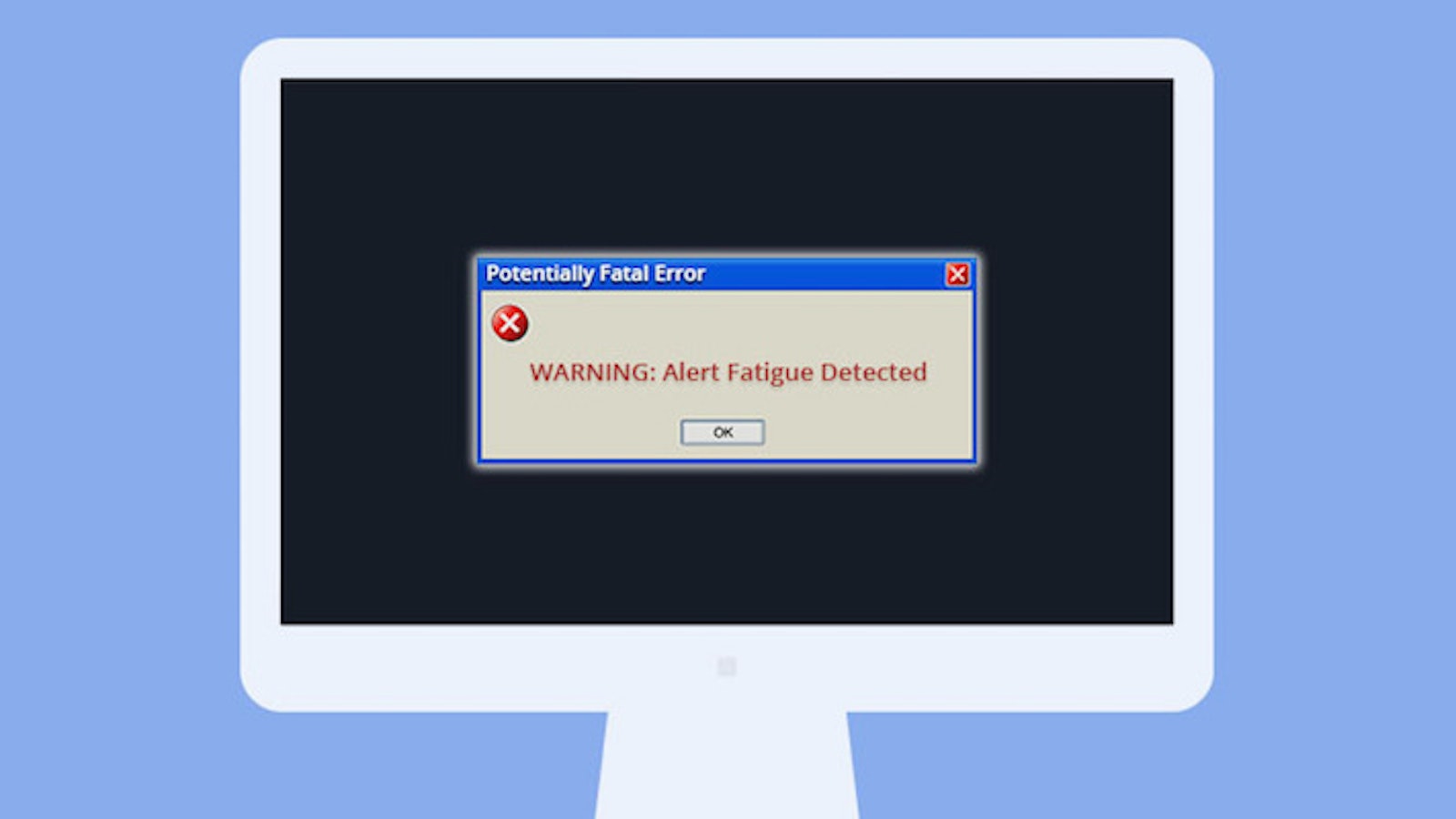

Clinical trials are the backbone of medical breakthroughs, but a rising challenge puts their success at risk: patient fatigue in data collection. As trials become more high-tech and decentralized, participants are being asked to track more and more data. This constant reporting is wearing patients down, leading to dropouts that threaten to derail trials and delay the delivery of life-saving treatments. It’s time to rethink how we collect data and put patient experience at the forefront of clinical development.
The Overload: Why Patients Are Getting Burned Out
Today’s clinical trials rely heavily on digital tools—apps, wearables, and online surveys—that allow researchers to gather real-time data. But while this tech is revolutionizing research, it’s also piling demands on participants. For many, the daily logging of symptoms, medication updates, and lifestyle details quickly become overwhelming. According to a survey by the Center for Information & Study on Clinical Research Participation (CISCRP), 35% of patients reported feeling swamped by the sheer volume of data they’re asked to provide.
For patients battling chronic illnesses like cancer or autoimmune disorders, managing the disease itself is already a heavy burden. Adding the constant pressure to report data can feel like an extra, unwelcome layer of stress. What starts as a manageable task can snowball into frustration and disengagement.
The Domino Effect: When Data Fatigue Wrecks Trials
Overloading patients with data requests doesn’t just cause frustration—it can seriously damage the trial’s success. Studies often demand daily or even hourly updates, when in reality, this frequency may not even be necessary. The result? Patients either stop reporting data accurately or drop out altogether.
Non-adherence is a major issue. A 2021 study in The Lancet found that non-adherence can skyrocket to over 40% in long-term studies. This leads to incomplete data, messes with the study’s outcomes, and slows down the drug approval process, leaving new treatments stuck in development limbo.
Enrollment and Retention: The Struggle is Real
For biotech and pharmaceutical companies, getting patients to enroll in trials is already tough. But keeping them engaged for the entire duration? That’s even harder. Patient fatigue is a top reason participants quit midway through, especially in lengthy trials that stretch over months or years. A Journal of Clinical Medicine review found that the average dropout rate in clinical trials sits at around 30%—and this can climb higher if the study is complex or demands too much from patients.
To win this battle, trial designers need to rethink how they collect data. Reducing the load on patients—by simplifying data collection or cutting back on unnecessary reporting—could be the key to improving retention and keeping trials on track.
Smart Solutions to Combat Patient Fatigue
Luckily, there are some exciting innovations underway that could help tackle this problem:
1. Adaptive Trial Design: Adaptive trials allow researchers to adjust the study based on ongoing results. This means fewer, more targeted data points, reducing the reporting burden on patients while still collecting valuable insights.
2. Wearable Tech: Wearables are a game changer for passive data collection. Devices like smartwatches can track key health metrics automatically, sparing patients from having to log every symptom manually. But for this to work, wearables must be user-friendly and comfortable.
3. User-Centered Platforms: Clinical trial platforms need to work for patients, not against them. This means streamlined interfaces, consolidated reporting features, and reminders that don’t bombard participants. The goal is to make the process as painless as possible.
4. Telemedicine: Fewer trips to the doctor’s office can ease the strain on participants. By incorporating telemedicine, trials can offer remote check-ins and consultations, cutting down on the need for in-person visits and making participation more convenient.
5. Better Communication: Patients who understand why they’re providing data—and how it directly impacts the study—are more likely to stay engaged. Offering clear explanations and real-time feedback can give patients a sense of purpose, helping them see their role as crucial to the trial’s success.
The Future of Clinical Trials: Less Burden, Better Results
As clinical trials evolve, reducing patient fatigue needs to be a top priority. The future of data collection lies in balancing the need for robust information with a focus on the patient’s experience. Biotech companies, pharmaceutical firms, and contract research organizations (CROs) must work together to design trials that are both effective and patient-friendly.
Engaging patients early in the trial design process is a game changer. By understanding what patients can reasonably handle and adapting data collection methods accordingly, trials can minimize dropouts and collect higher-quality data. This will not only speed up the development of new treatments but also create a more positive experience for participants.
In an era where decentralized and personalized trials are becoming the norm, making sure patients don’t burn out from data collection is crucial. The future of clinical research depends on keeping patients engaged, empowered, and at the heart of the process.
References:
• “The Patient Burden of Clinical Trials,” CISCRP, 2019.
• “Long-term Adherence in Clinical Trials,” The Lancet, 2021.
• “Dropout Rates in Clinical Trials: A Review,” Journal of Clinical Medicine, 2020.